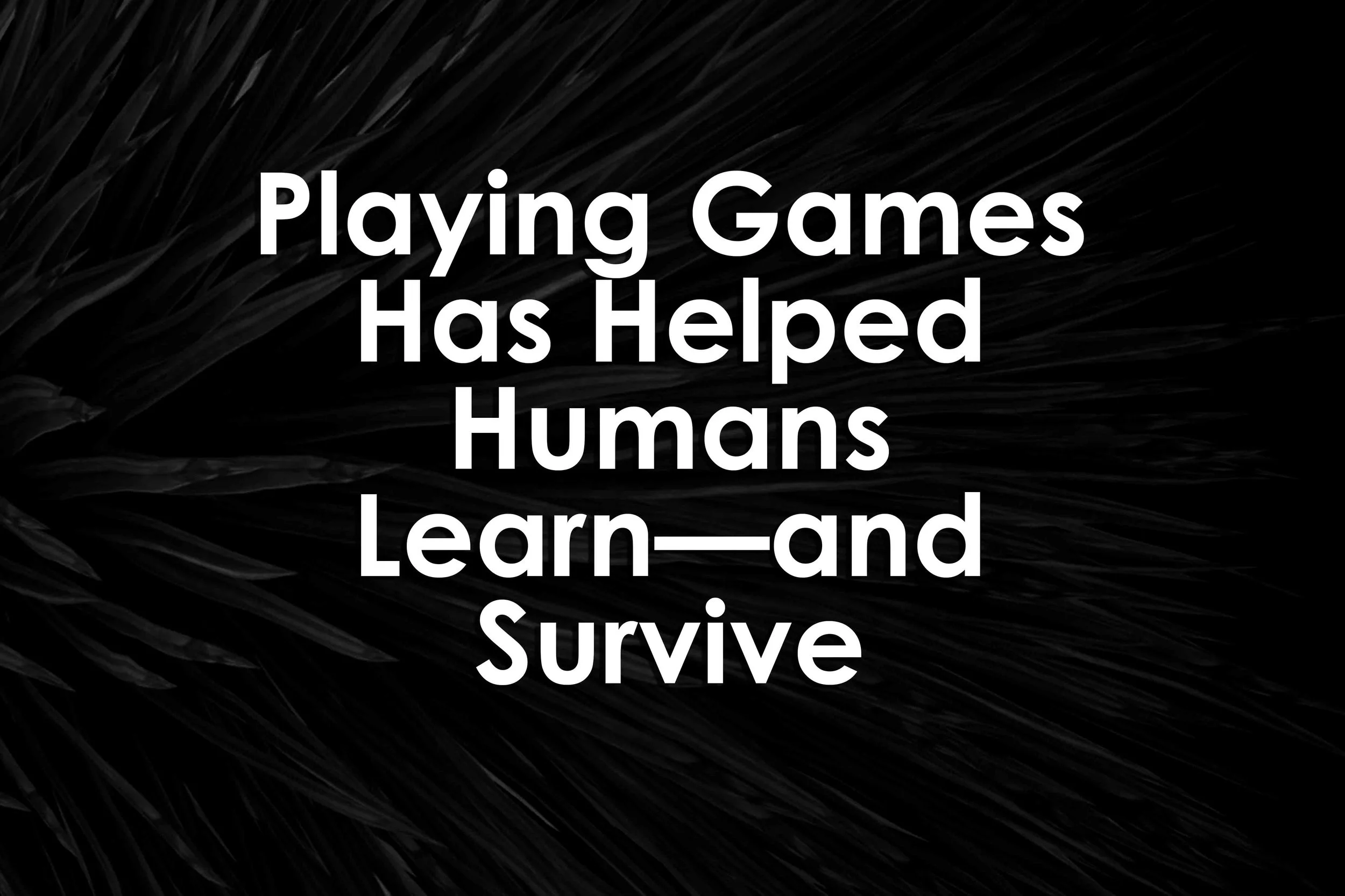Playing Games Has Helped Humans Learn—and Survive
Playing Games Has Helped Humans Learn—and Survive
Playing Games Has Helped Humans Learn—and Survive
November 27, 2021
By Chelsea Leah
Summary
Alt dek: In. both games and life, how well you prepare in the early stages could determine how well you do in the later ones.
It's a game called Muck, and it's another in a long line of contemporary survival video games.
It's a delicate mix of entertainment and strategy, yet on a much deeper level, playing games may contribute to our overall evolutionary survival.
Playing games could even be enhancing our cognitive, social, and physical skills, giving us added advantages in life.
Games can serve as stress release too, whether a short-term, fast-paced first-person shooter along the lines of Apex Legends or a longer, peaceful round of solo solitaire with a deck of playing cards.
RPG classic Fallout begins in an underground vault shelter, and players have to explore the unrecognizable and dangerous nuclear-war-ravaged world on the surface to find resources such as food, weapons, and, depending on the Fallout game, even shelter to survive.
In her 2010 TED Talk, "Gaming Can Make a Better World," author and game designer Jane McGonigal suggests that people are often better versions of themselves in games than they are in real life, and that games inspire us to "Collaborate and cooperate" with each other.
Reference
Leah, C. (2021, November 27). Playing games has helped humans learn-and survive. Retrieved January 26, 2022, from https://www.wired.com/story/games-play-evolution-social-connection/


